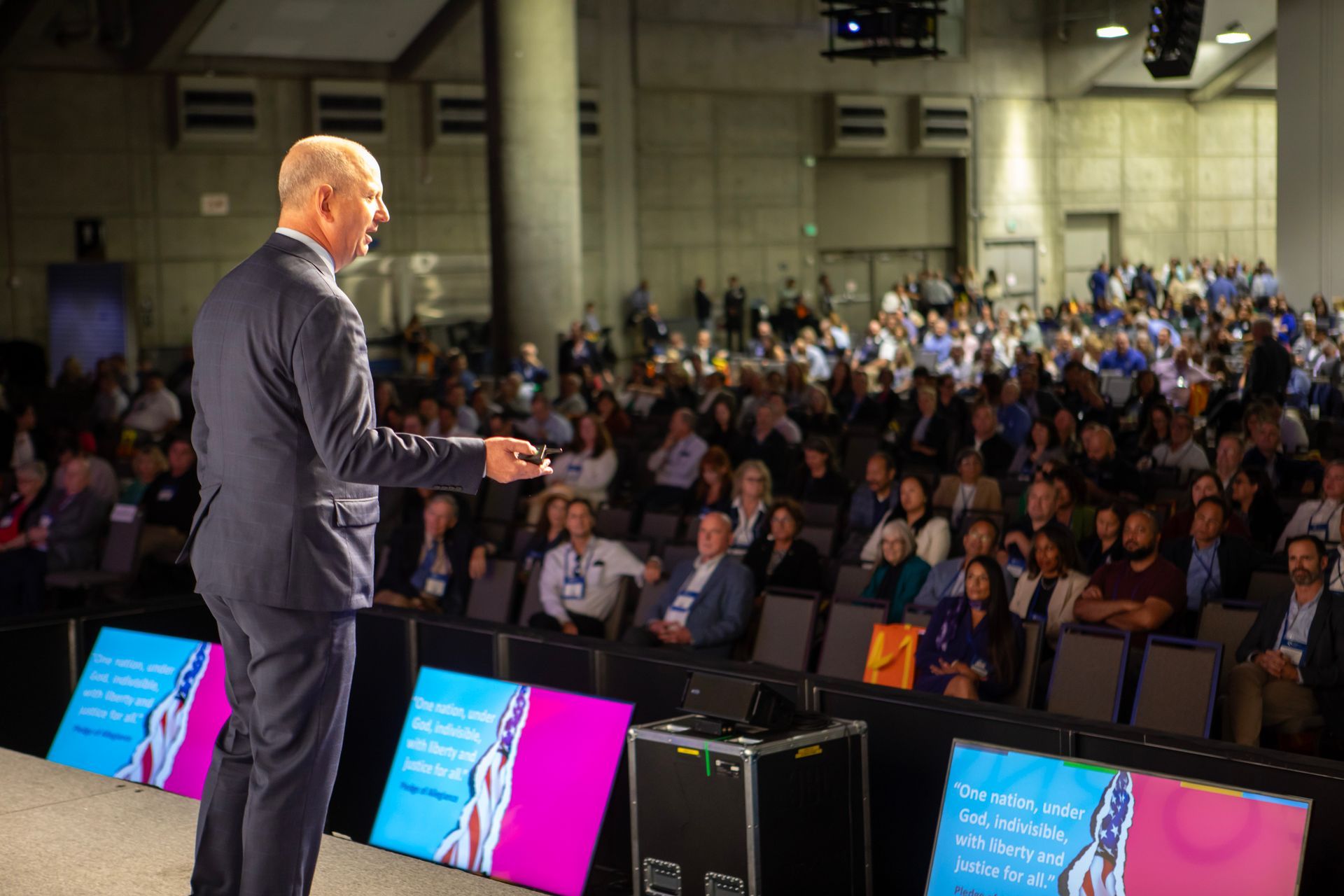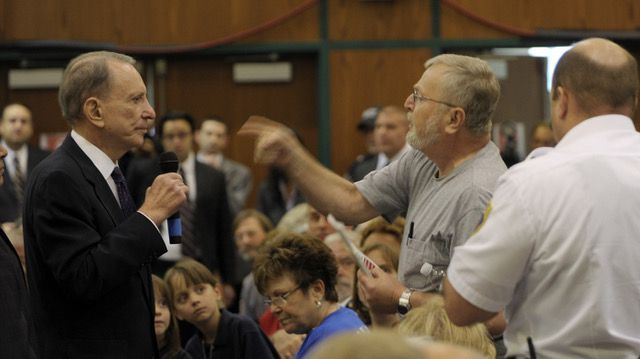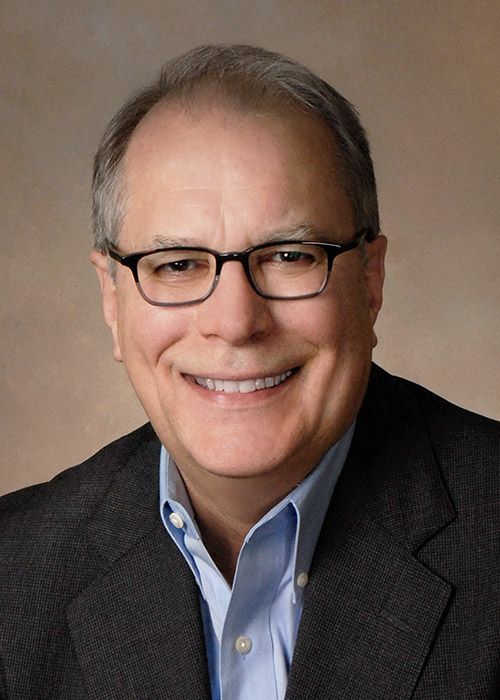Mayor practices ‘radical transparency’
By Matt Lehrman
Social Prosperity Partners
Turning around a dysfunctional city government requires tough-minded leadership. For Mayor Elaine McLain of Birmingham, Michigan, that toughness came from her background as a psychiatric nurse. My guest this week on the “Community Catalysts” podcast took on an infrastructure crisis in her city, which required her to rally support for something that was “necessary, unpopular and expensive.”
Among the leadership practices the Mayor champions is “radical transparency.”
“On the street, I am the person who answers the question with the facts or finds out who knows and refers people,” she says. “That gives people confidence in their government even when they disagree.”
As so many communities face challenges of engaging public dialogue and building trust, I’m particularly drawn to the Mayor’s assertion that it is a leader’s role to manage “boundaries on facts & behaviors.”
Listen now
on
Apple,
Spotify and all
podcast platforms.

Connect with Matt:
- Email me at Matt@SocialProsperity.us.
- Follow me on Facebook, Instagram, YouTube and LinkedIn.
- Learn more at SocialProsperity.us and MattLehrman.com.




CONNECT
Website by Right|Left Consulting & Design
© 2024 Audience Avenue LLC | Social Prosperity Partners
Skidmore College photos by Erin Covey
Fort Worth photos by the Fort Worth Portrait Project